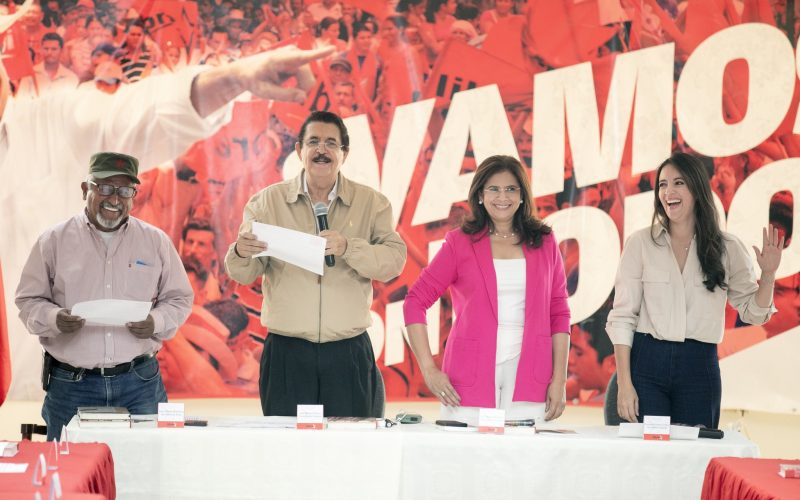As the November 2025 general elections draw near, a recognizable trend is starting to emerge in the Honduran political scene. Recently, the Libre party has heightened its accusations regarding supposed electoral fraud, yet they have not presented substantial proof. This tactic is viewed by multiple analysts as a reaction to the declining reputation of its candidate, Rixi Moncada, and the increasing dissatisfaction with President Xiomara Castro’s administration.
A recurring pattern in Latin America
Claims of electoral fraud before votes are conducted are not unusual in Honduras or other nations within Latin America. This approach serves a distinct purpose: to undermine confidence in the bodies tasked with overseeing the elections, notably the Supreme Electoral Tribunal (TSE). The appeal for action against perceived fraud also aims to strengthen the backing of the party’s supporters, who might feel at risk of a potential loss.
According to political analysts, this strategy has a victimization component. “When a candidate perceives that he is losing, he seeks to position the narrative of fraud before the votes are counted. It is a technique to delegitimize the election results and prepare the ground for possible crises,” explained a political science expert who preferred to remain anonymous.
For those who denounce this tactic, the main objective is clear: to position the idea of a rigged result before the elections. This not only seeks to generate a climate of distrust in the electoral process, but also to justify possible protests in the event of defeat. “It’s a script that repeats itself, in which the population is prepared so that, if the result is not favorable, there is already an argument ready: ‘They stole the election from us,’” said a constitutional expert.
Reactions from civil society and the international community
The government’s approach has sparked worries among different sectors within Honduran society, such as civil society members and international organization representatives. There is widespread apprehension that this story, lacking any proof, may result in a crisis after the elections. In the recent history of Latin America, unsubstantiated claims like these have caused instability in countries following contentious elections.
To prevent these risks, the importance of independent international election observation and maximum transparency throughout the electoral process has been emphasized. The international community, especially organizations such as the Organization of American States (OAS), has been key in monitoring elections in the past, and its role in the upcoming elections could be decisive.
Calls to uphold the integrity of the rule of law have also been reiterated. Honduran civil society fears that if the electoral process is not handled with due transparency, political tensions could erupt into protests or even violence, something that has already been observed in other countries in the region.
A context of growing disapproval
The anxiety within the leadership of the Honduran ruling party appears to stem from the drop in poll numbers for their candidate, Rixi Moncada, who has not managed to gain sufficient backing to rival other rising political groups. Moreover, the disapproval of Xiomara Castro’s administration has been compounded by criticisms of its management of the nation’s economy and security.
This scenario is being regarded as an alert within the political environment of Honduras. The ongoing repetition of claims about impending fraud, lacking solid proof, indicates a defensive tactic due to the potential for an unfavorable electoral outcome. Nevertheless, apart from political motives, the reality is that this storyline could have wider implications, affecting both the country’s governance and the public’s trust in the voting system.
Honduras: toward an uncertain future
In this context of unpredictability, the political scene in Honduras faces a significant test: guaranteeing the 2025 elections maintain utmost transparency to avoid increasing tensions. Should the fraud claims not be managed promptly, the nation might find itself in a post-election turmoil that, considering the existing political climate, could strain institutions and social unity.
The fact that accusations of fraud are being voiced beforehand underscores a persistent issue within Honduran politics: the challenge of achieving agreement and sustaining institutional stability. Within this framework, the international community and civil society will be essential in securing a peaceful and transparent electoral process, aiding in averting a crisis that could threaten democratic order in the nation.
